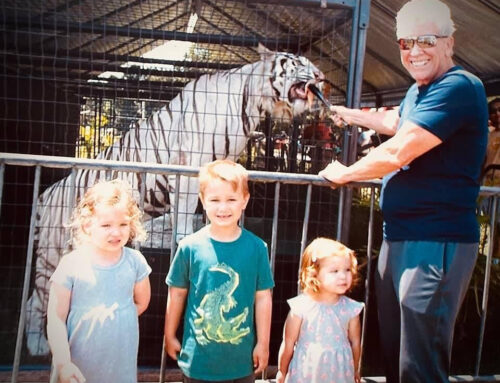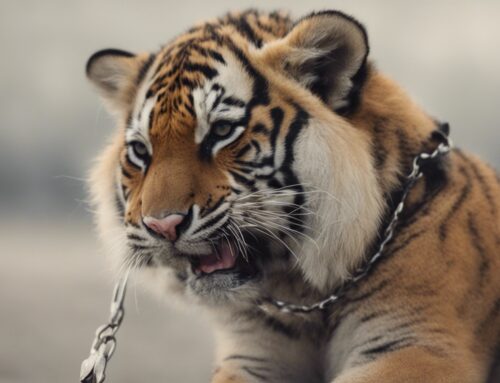USDA Announces Recent Animal Welfare Act and Horse Protection Act Enforcement Actions
WASHINGTON, Feb. 20, 2013–The U.S. Department of Agriculture’s Animal and Plant Health Inspection Service (APHIS) is continuing to move more swiftly and consistently to take enforcement action in response to animal welfare violations. As part of its effort to make its actions transparent and accessible to the public, APHIS is highlighting enforcement actions taken in response to violations of the Animal Welfare Act (AWA) and Horse Protection Act (HPA).
Copies of documents related to these actions, as well as copies of official warnings, are available in the APHIS FOIA Reading Room at www.aphis.usda.gov/foia/foia_
During the month of January, the following persons entered into pre-litigation settlement agreements (also known as stipulations) in connection with alleged violations of the AWA or HPA:
APHIS Case No. KS10030-AC; Bill Sherbert and Phyllis Sherbert.
APHIS Case No. KS120003-AC; Michael Jensen.
APHIS Case No. KS120017-AC; Thayne Clark.
APHIS Case No. KS130001-AC; Anita Baker.
APHIS Case No. MI11014-AC; Judith Depue.
APHIS Case No. TX11285-AC; University of Texas, Medical Branch at Galveston.
APHIS Case No. CA08462-AC; MC Cargo Group Inc. [This case was inadvertently omitted from last month’s release.]
USDA’s administrative law judges and judicial officer issued decisions and orders under the AWA or HPA involving the following persons:
AWA Docket No. 12-0504; Kole Clapsaddle d/b/a Chief Saunooke Bear Park.
AWA Docket No. 11-0024; Eric Drogosch.
AWA Docket No. 12-0052; Lanzie Horton Jr. d/b/a Horton’s Pups.
The AWA requires that minimum standards of care and treatment be provided for certain animals bred for commercial sale, used in research, transported commercially or exhibited to the public. It excludes those animals raised for food or fiber. Persons who operate facilities in these categories must provide their animals with adequate care and treatment in the areas of housing, handling, sanitation, nutrition, water, veterinary care and protection from extreme weather and temperatures.
To ensure that its licensees are meeting the AWA standards, APHIS inspectors conduct routine, unannounced inspections of all licensed facilities. Violations of the AWA can lead to penalties, including official warnings, civil penalties and license suspensions/revocations. For more information on the inspection and enforcement processes, visit APHIS’ animal care website at www.aphis.usda.gov/animal_
The HPA is the federal law that prohibits horses subjected to a practice called soring from participating in shows, sales, exhibitions and auctions. Soring is a cruel and abusive practice used to accentuate a horse’s gait. APHIS works actively with the horse industry to protect against such abuse, ensuring that only sound and healthy horses participate in shows, sales, exhibitions and auctions. APHIS’ ultimate goal is to end the inhumane practice of soring completely.
The HPA authorizes APHIS to issue civil penalties and to disqualify violators from participating in horse shows, exhibitions and sales. Both the AWA and HPA contain criminal penalties as well.





Leave A Comment
You must be logged in to post a comment.